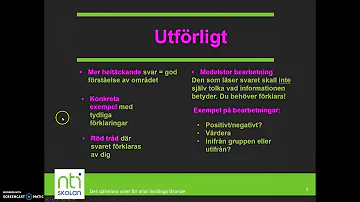Is RSV contagious from adults to adults?
Innehållsförteckning
- Is RSV contagious from adults to adults?
- Is RSV harmful to adults?
- Do you isolate for RSV in adults?
- How long are RSV patients contagious?
- How do you get rid of RSV in adults?
- Is bronchiolitis contagious to adults?
- What illness does RSV cause in older adults?
- What can adults take for RSV?
- Is RSV a communicable disease?
- How long is RSV contagious NHS?

Is RSV contagious from adults to adults?
Infections can also occur from direct person-to-person contact such as kissing the face of an infected child. In this way, RSV can be transferred from infants to adults and from infants to pregnant adults.
Is RSV harmful to adults?
RSV, a common respiratory virus, can seem like a mild common cold to healthy adults. Most people can recover quickly with self-care in a week or two. But in older adults, especially those with asthma, heart disease or chronic obstructive pulmonary disease (COPD), the virus can be very severe or even fatal.
Do you isolate for RSV in adults?
When RSV infections are noted in a facility such as a hospital or nursing home, contact isolation (to minimize person-to-person spread) and hand washing by health care workers have been shown to limit spread of the virus. As with any respiratory illness, all people should cover their face when coughing and sneezing.
How long are RSV patients contagious?
People infected with RSV are usually contagious for 3 to 8 days. However, some infants, and people with weakened immune systems, can continue to spread the virus even after they stop showing symptoms, for as long as 4 weeks.
How do you get rid of RSV in adults?
RSV treatment in adults is supportive, including antipyretics, supplemental oxygen, and intravenous fluids as needed. 31 Inhaled or systemic corticosteroids and bronchodilators may be used for elderly patients or patients with preexisting pulmonary conditions (e.g., asthma, COPD) with acute wheezing.
Is bronchiolitis contagious to adults?
Bronchiolitis is a viral infection that causes the airways (bronchioles) in the lungs to become narrow, which makes breathing difficult. It occurs most often in children under age 2 during winter and early spring. Very rarely, adults can get bronchiolitis.
What illness does RSV cause in older adults?
RSV is associated with the most severe disease at the extremes of age. 2,6,18,19 In infants, RSV causes bronchiolitis, pneumonia, tracheobronchitis, and otitis media, while in older adults it can cause pneumonia, as well as exacerbation of chronic obstructive pulmonary disease (COPD) and congestive heart failure (CHF).
What can adults take for RSV?
Take steps to relieve symptoms Manage fever and pain with over-the-counter fever reducers and pain relievers, such as acetaminophen or ibuprofen. (Never give aspirin to children.) Drink enough fluids. It is important for people with RSV infection to drink enough fluids to prevent dehydration (loss of body fluids).
Is RSV a communicable disease?
Respiratory syncytial virus (RSV) is a contagious virus that affects the lungs and breathing passages. Most children get RSV infection by age 2, but you can get infected at any age and more than once in your lifetime. The symptoms are usually similar to the common cold.
How long is RSV contagious NHS?
RSV can survive on a surface for up to 24 hours. An infected child can remain infectious for up to 3 weeks, even after their symptoms have disappeared.















